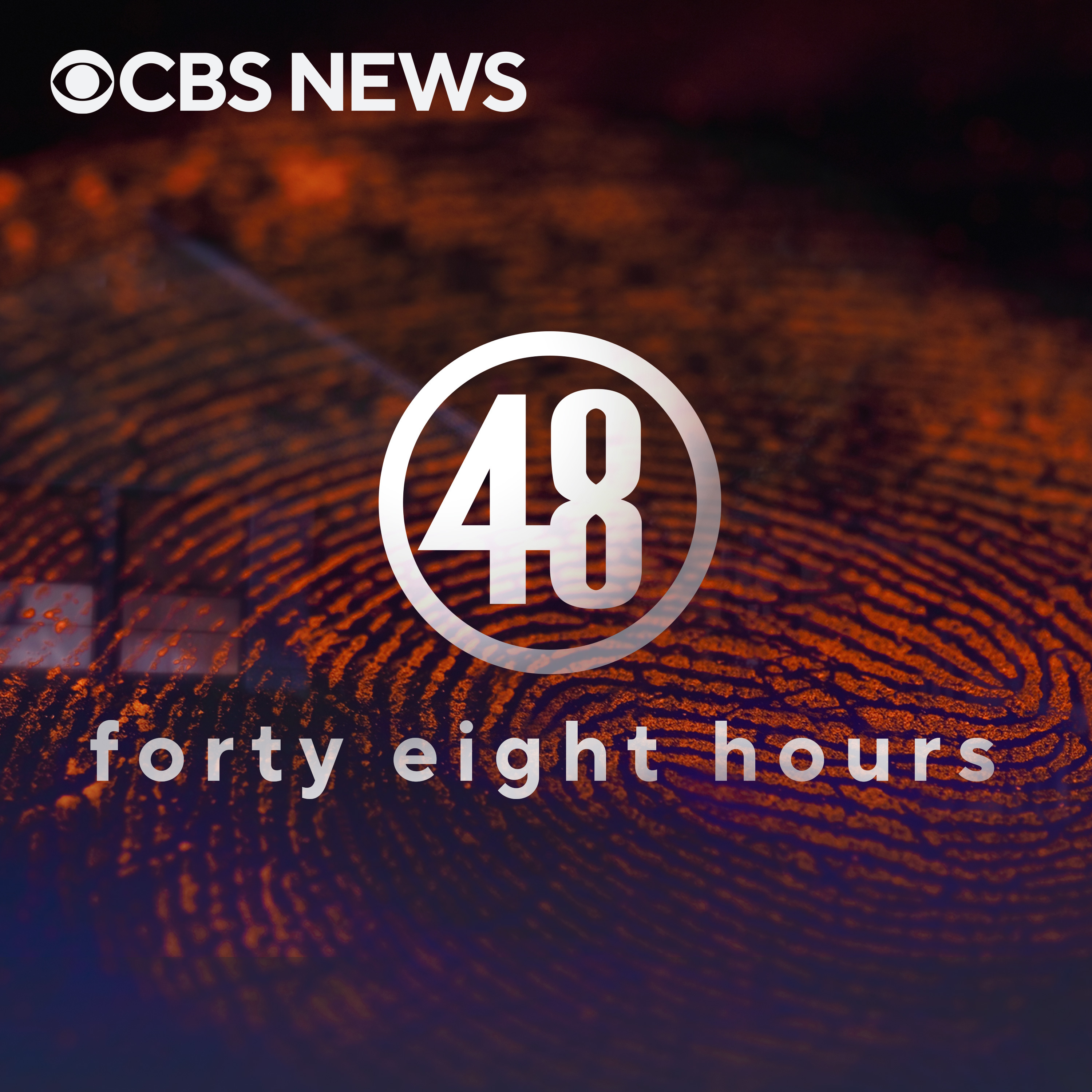
Deep Dive
What key evidence linked Piper Roundtree to the murder of Fred Jablin?
Key evidence included cell phone records placing Piper in Richmond, Virginia, near the crime scene; a blonde wig purchased with a bank card linked to her; hotel records showing she stayed under her sister's name; and eyewitness testimony identifying her at a gas station and rental car agency. Additionally, she was seen practicing with a .38 caliber revolver, the same type used in the murder, days before the crime.
Why did Piper Roundtree's defense team try to shift suspicion to her sister, Tina?
Piper's defense team argued that Tina Roundtree had access to a .38 caliber gun and that Piper had purchased a blonde wig to disguise herself as Tina. They suggested Tina could have been involved, but no direct evidence tied Tina to the murder. The defense aimed to create reasonable doubt by implicating Tina.
What was Piper Roundtree's motive for killing Fred Jablin?
Piper was motivated by her desire to regain custody of her three children after losing them to Fred in a contentious divorce. She was also struggling to pay child support and was over $9,700 in arrears. Prosecutors argued she killed Fred to eliminate the financial burden and regain control of her children.
How did Piper Roundtree attempt to disguise her involvement in the murder?
Piper used her sister Tina's name to book an airline ticket, stayed at a hotel under Tina's name, and purchased a blonde wig to resemble Tina. She also used a bank card under Jerry Walters' name, which she claimed was stolen, to make purchases related to the murder. These actions were intended to frame Tina and obscure her own involvement.
What role did Jerry Walters play in the investigation?
Jerry Walters was Piper's former boyfriend who opened a bank account at her request to hide assets from Fred. His bank card was used to purchase the airline ticket and wigs linked to the murder. Walters testified that he had no knowledge of the card being used in Richmond and believed it had been stolen.
What was the outcome of Piper Roundtree's trial?
Piper Roundtree was found guilty of first-degree murder and sentenced to life in prison. The jury deliberated for less than an hour before reaching the verdict. She became eligible for parole in 2020, but her first petition was denied.
How did Piper Roundtree's actions affect her children?
Piper's actions left her three children without both parents. Fred Jablin was killed, and Piper was sentenced to life in prison, effectively removing her from their lives. The children were placed in the custody of Fred's brother, Michael Jablin, and faced the emotional trauma of losing their father and mother.
What was the significance of the cell phone records in the case?
Cell phone records were crucial in placing Piper in Richmond, Virginia, near the crime scene. Calls made from her phone to Papa John's Pizza and hotel records confirmed her presence in the area. This evidence directly contradicted her alibi and linked her to the murder.
What was Tina Roundtree's involvement after the trial?
Tina Roundtree was convicted of tampering with evidence related to Fred Jablin's murder and sentenced to nine months probation. She died in 2020. While she was implicated by Piper's defense, no direct evidence tied her to the murder itself.
How did Piper Roundtree's testimony impact the jury's decision?
Piper's testimony was unconvincing and damaged her defense. She struggled to explain key evidence, such as her presence at the gun range and the use of her cell phone in Richmond. Her emotional and inconsistent responses led the jury to view her as guilty, solidifying their verdict.
- Fred Jablin's murder in Richmond, Virginia
- Piper Roundtree as a suspect
- Jerry Walters's bank card used in Richmond
- Piper's relationship with Jerry Walters
- Hidden assets and the bank account
Shownotes Transcript
Part two of the investigation into the murder of Fred Jablin. In 2004, Fred Jablin was murdered in the driveway of his Virginia home. Details of a nasty divorce and purchases including airline tickets, a gun, and two wigs would lead police to arrest Fred's ex-wife, Piper. But as Piper was about to stand trial, her defense team tried to steer suspicion away from her and on to her big sister, Tina. “48 Hours" correspondent Harold Dow reports. This classic "48 Hours" episode last aired on 8/25/2007. Watch all-new episodes of “48 Hours” on Saturdays, and stream on demand on Paramount+.
See Privacy Policy at https://art19.com/privacy) and California Privacy Notice at https://art19.com/privacy#do-not-sell-my-info).